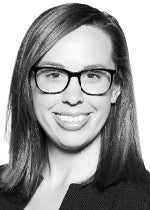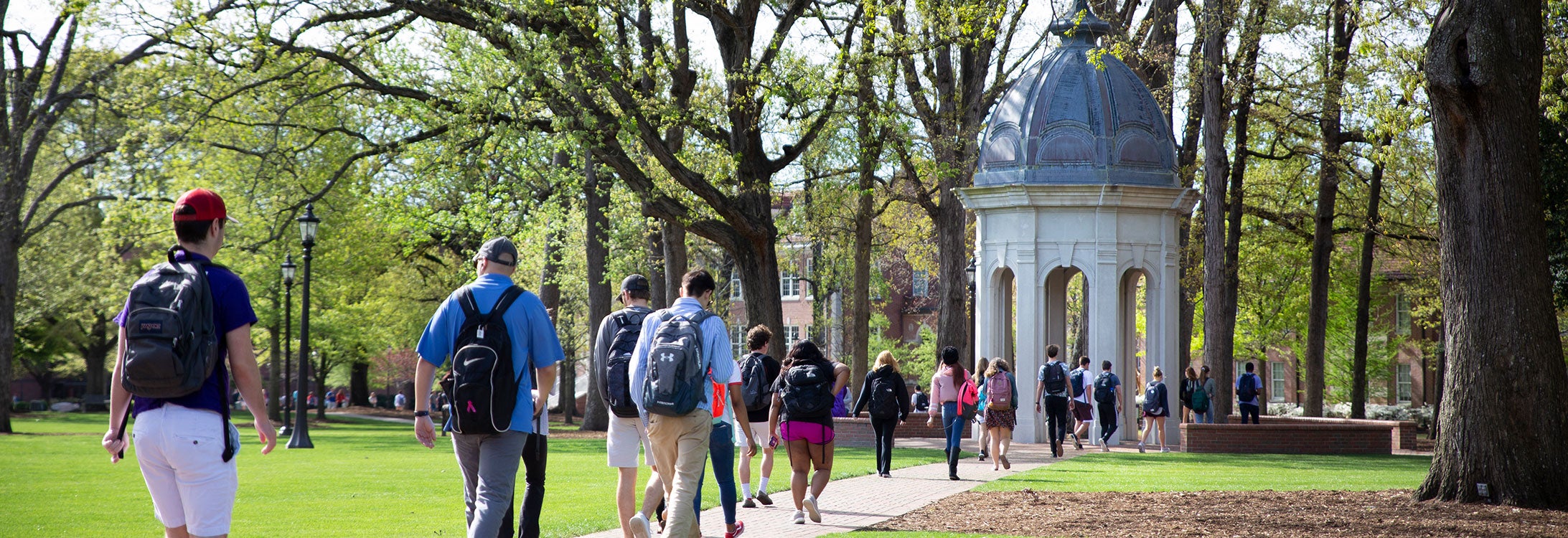Kelsey Mulder (MA Geography 2012)

Kelsey Mulder (Photo donated)
Current Position & Responsibilities
“I work in the insurance industry modelling risk to natural catastrophes. There are proprietary catastrophe models that I analyze to determine where they model risk well and, more importantly, where they fail to accurately assess the risk. I research perils worldwide – from hurricanes in the US to floods in the UK to Japanese typhoons to Australian bushfires. The ultimate aim of my work is to make sure we have enough money in the bank to get people on their feet again should the worst happen – after all that’s the whole point of insurance!”
What are the most rewarding and/or most challenging aspects of your work?
“I love that I get to become an expert in a different topic every few months. And sometimes, my focus changes in a day. Most recently, my projects got derailed to analyze the Texas freeze and the impacts to millions of people across Texas. One challenge of my job is trying to figure out the worst case event based on sometimes less than 40 years of data – what really is the most economically damaging typhoon to hit China, for example? How much would "the big one" earthquake in California cost? Another big challenge facing the industry is climate change. A major shortcoming of catastrophe models is they are based on historical events and their insured losses. What if the environment today is different than the environment in these historical events (which we know is the case!). Does that mean we are incorrectly modeling the potential risk? How do we fix the models so they account for the changing climate?”
How did your degree(s) in Geography prepare you for this position?
“Geography has helped me understand the complex intersections of society and nature, which is part of the complex nature of insurance. It also gave me the tools I use regularly in my work – GIS mapping skills and communicating the interconnections of nature and people.”
What else do students need to learn (beyond the degree) and who should they be talking to in preparation for entering the job market?
“One of the most marketable skills in the job market right now is being able to program. Almost every job description I’ve seen these days require some level of programming. I often get asked which programming language is the most useful. In my opinion, if you learn one language, you will be able to adapt to other languages. R and Python seem to be the most common languages used right now. Another thing to think about is what makes you and your CV unique to everyone else on the job market. Almost everyone will have a similar university degree. The CVs that stand out are the ones where people have experience in something outside their degree – a social scientist who also modelled geomorphology. Someone adept at writing surveys and machine learning. Someone who can speak to politicians about their research. If you can highlight those intersections, you’ll be at the top of the pack.”
What was your favorite or most memorable experience?
“I remember going out hurricane chasing in Hurricane Irene- taking measurements along the way and getting diverted by floods and downed powerlines. It was an exciting way to spend a Saturday! (And highly dangerous. Don’t go getting any ideas!!)”
